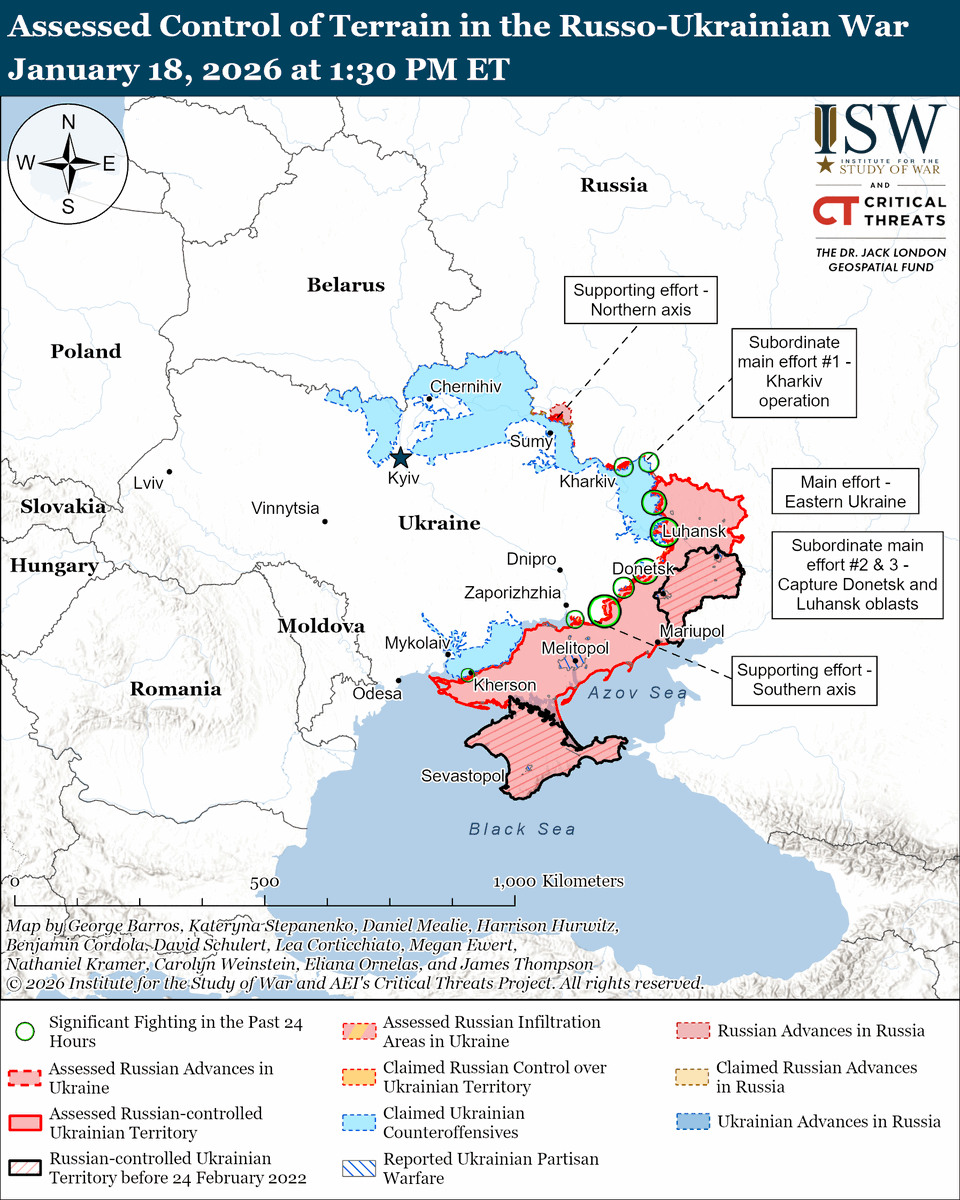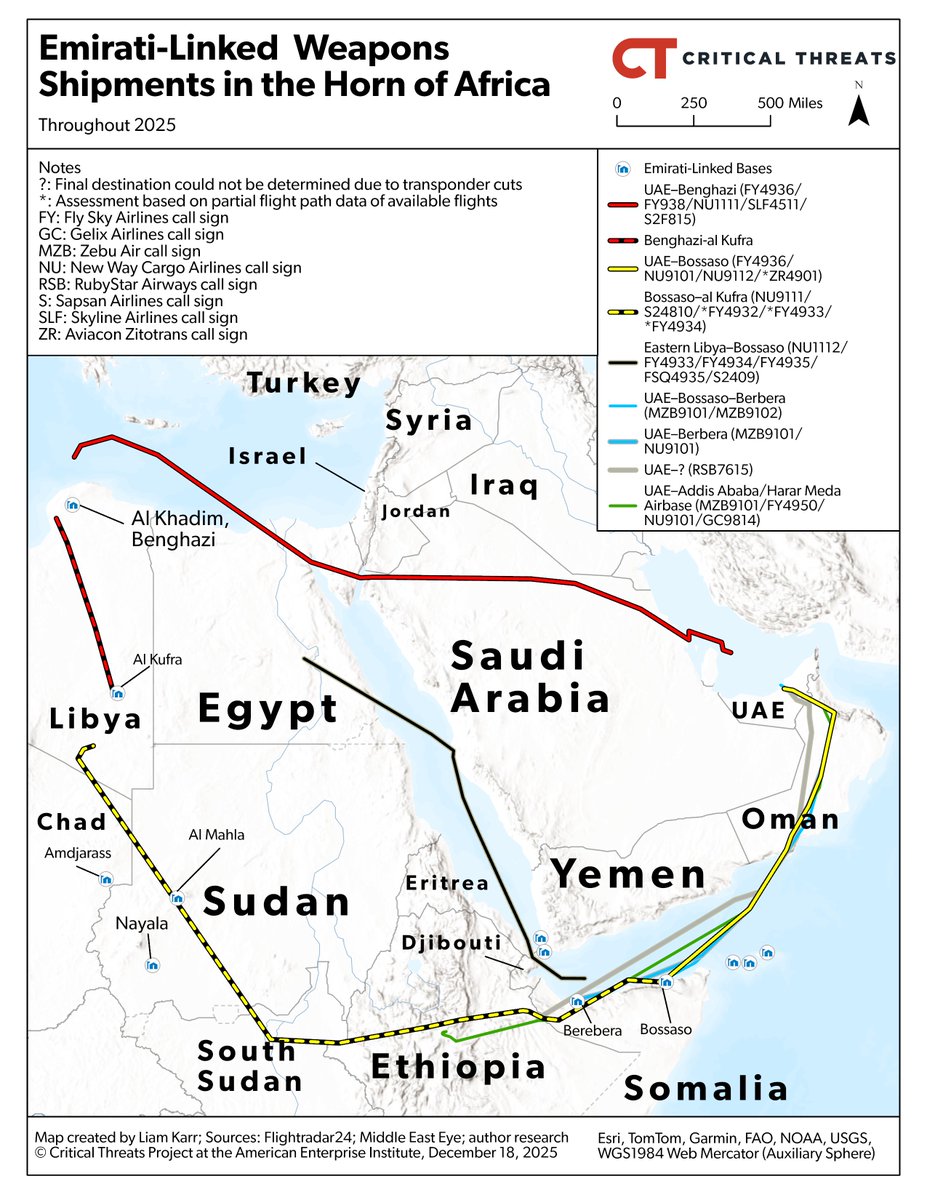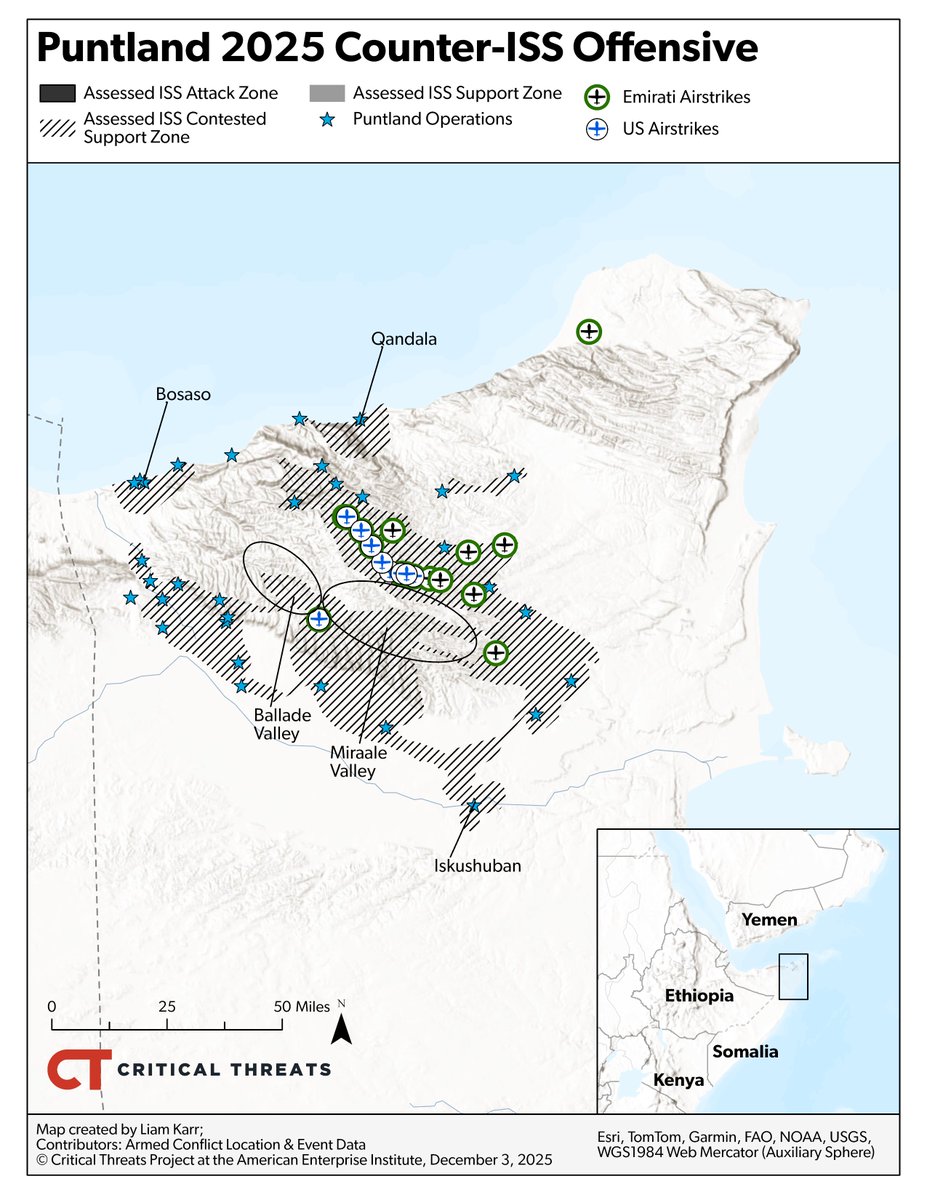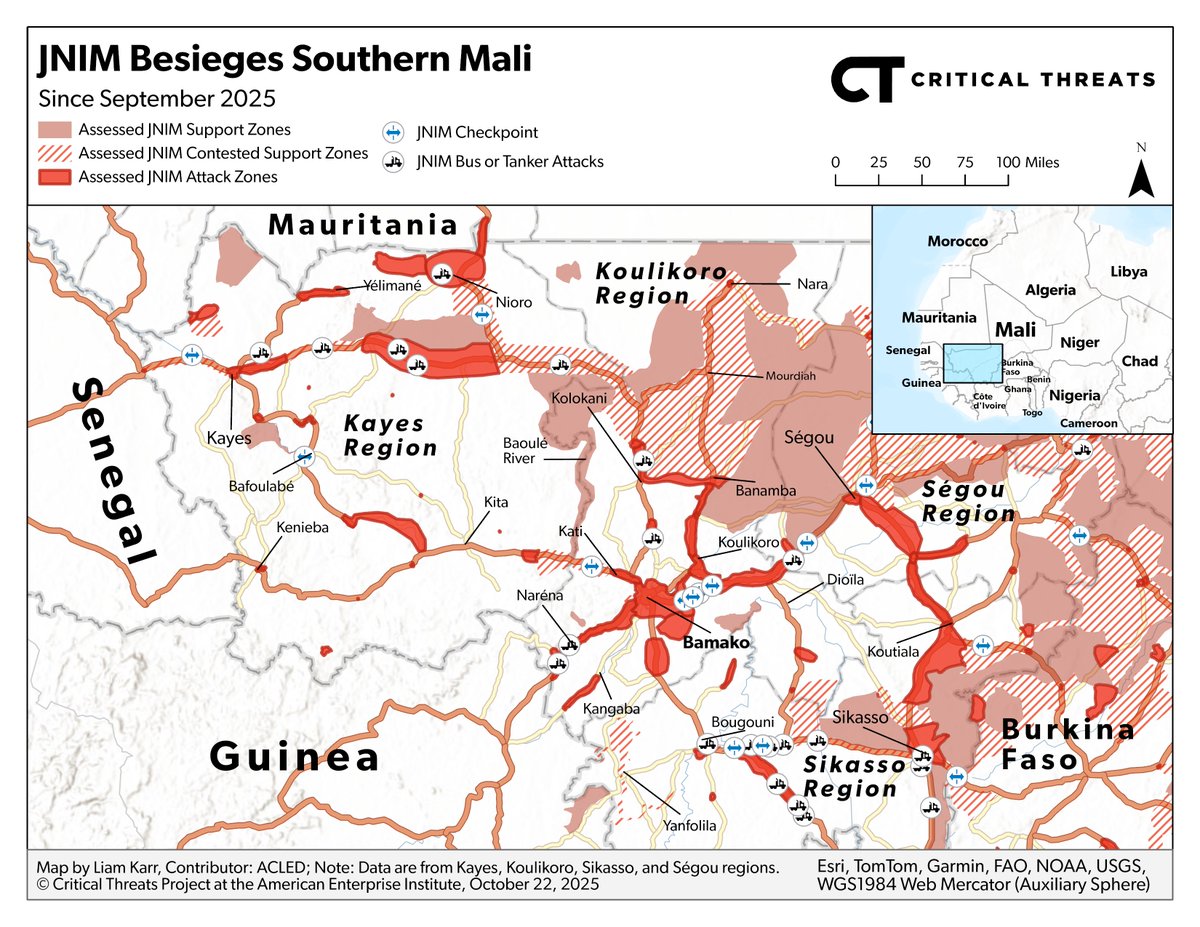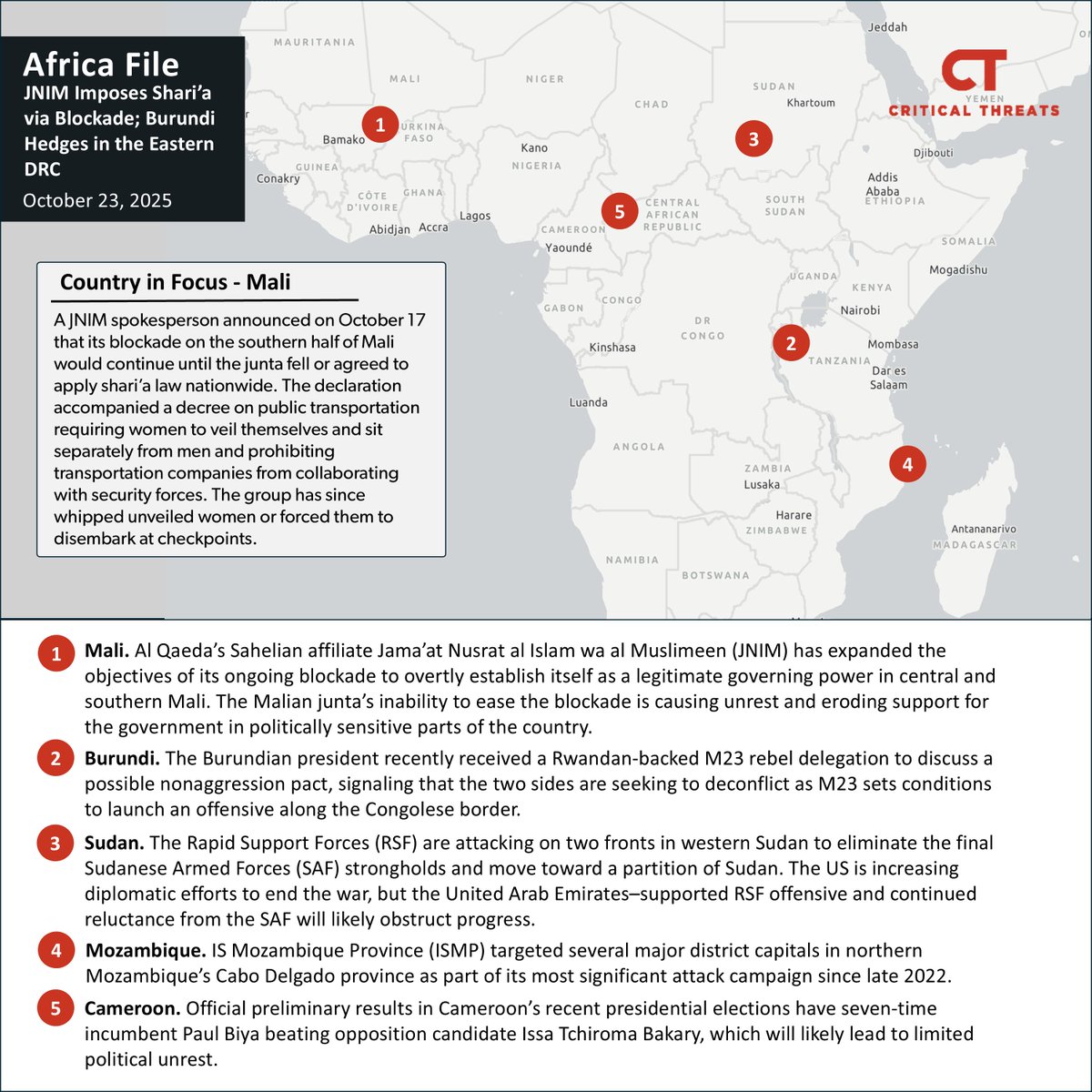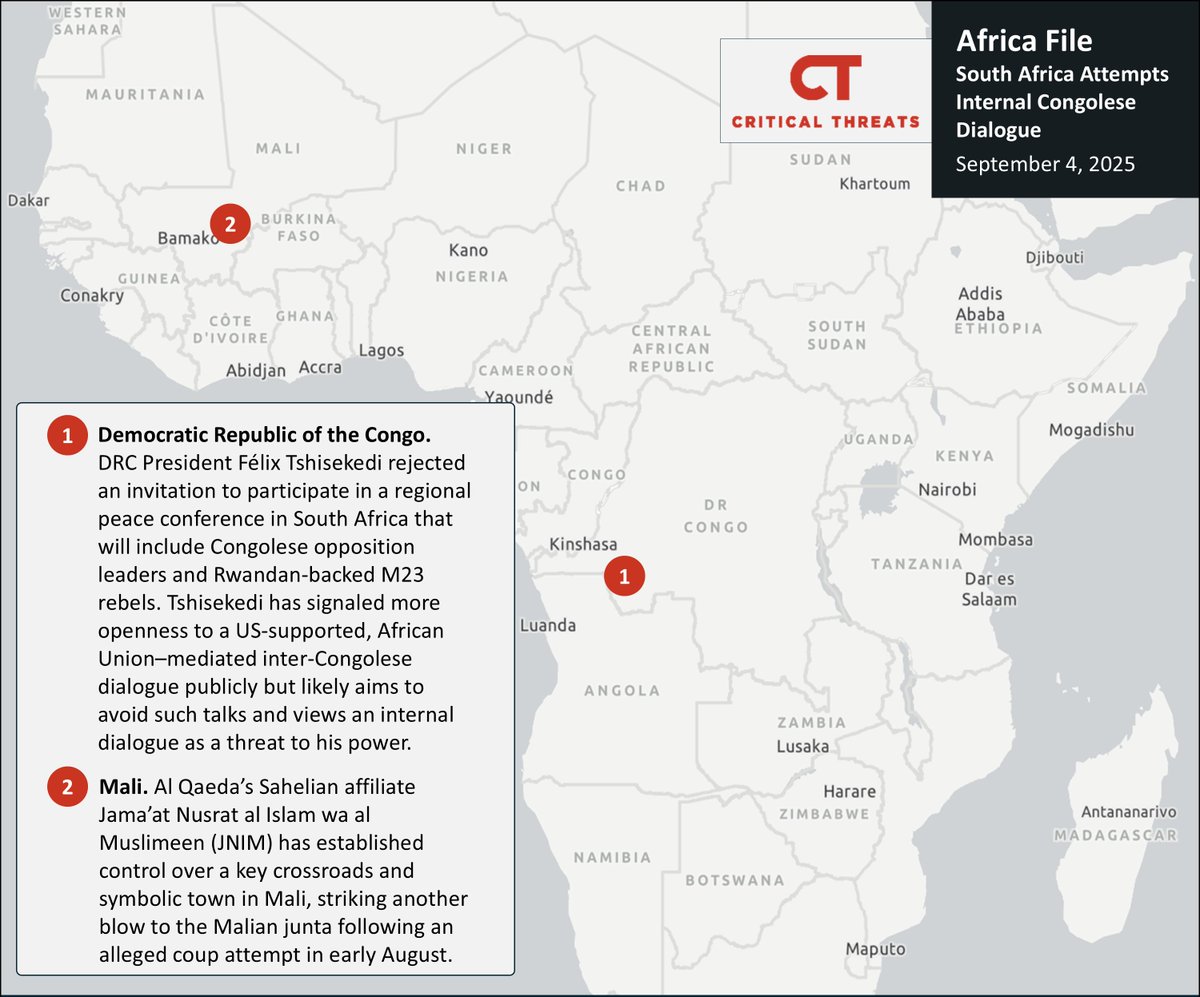The ongoing #Iran_protests reached their three-month anniversary on December 16. CTP and @TheStudyofWar present here visualizations produced from the open-source data to further inform the public discourse on this important moment in Iranian history. criticalthreats.org/analysis/data-…
This movement has seen several significant spikes in protest activity around preplanned dates followed by relative lulls in protest activity. 

Protest activity decreased significantly between mid-November and late December following the regime’s harsh crackdown but has not yet stopped despite regime brutality and pressure. 

Tehran, Esfahan, Kurdistan, and West Azerbaijan provinces account for nearly 40 percent of observed protest activity. 

The remaining provinces fall roughly into two other tranches. The middle tranche includes other major population centers, such as Khorasan Razavi Province, and border regions, where anti-regime sentiment is high and marginalized ethnic populations are concentrated. 

CTP will continue to update our assessments and data visualizations as the anti-regime movement in Iran continues to evolve. Follow the daily updates produced by CTP and the @TheStudyofWar for more analysis and information.
• • •
Missing some Tweet in this thread? You can try to
force a refresh



